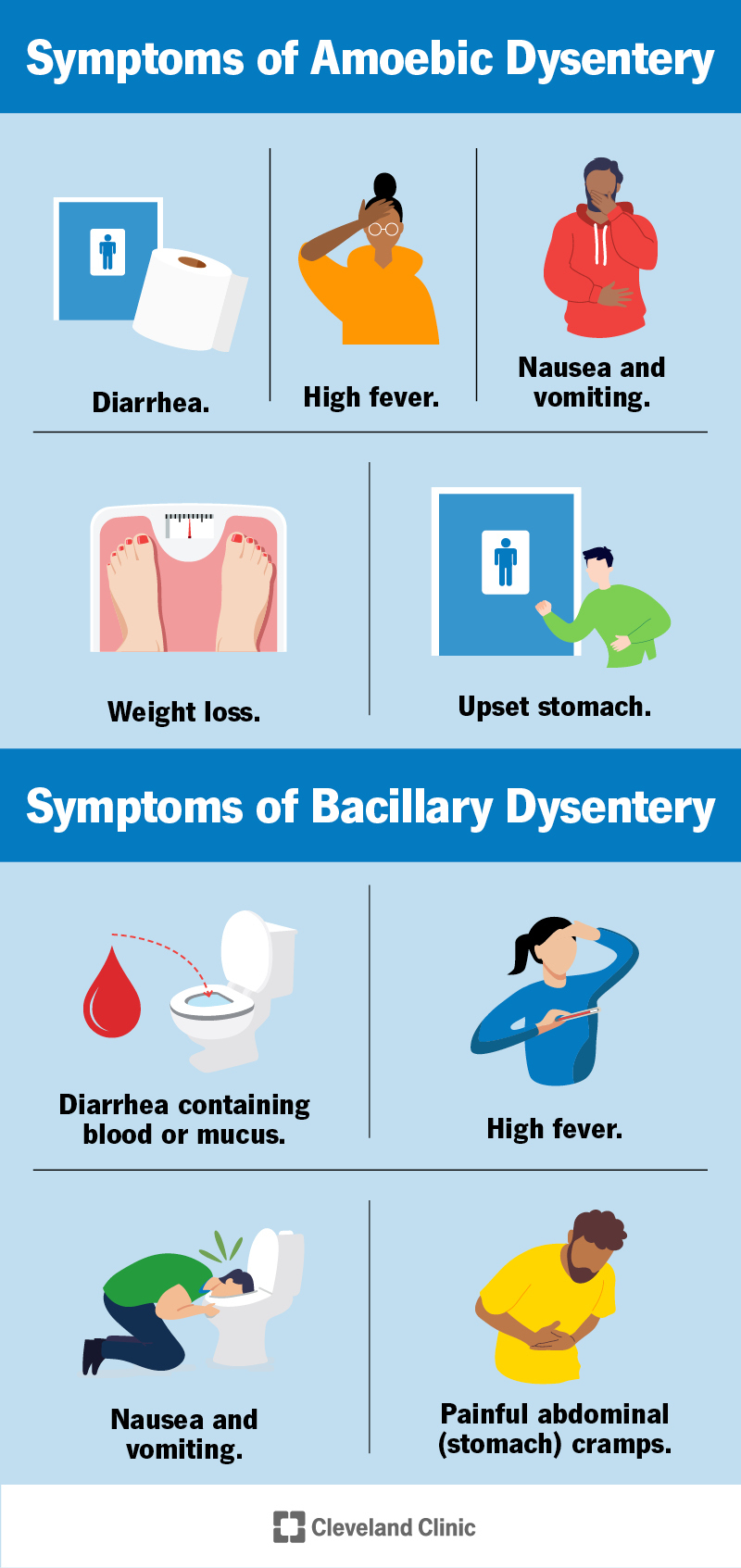Causes and Transmission of Dysentery
Dysentery is typically caused by the ingestion of food or water contaminated with the feces of an infected person. The disease can spread rapidly in areas with poor sanitation, inadequate hygiene, and limited access to clean water. In areas where people are forced to live in close proximity, such as refugee camps or urban slums, the risk of transmission is particularly high.
Red Cross Efforts to Prevent Dysentery
The ICRC has been working to prevent dysentery outbreaks in vulnerable communities through a range of activities, including:
- Water, Sanitation, and Hygiene (WASH) Programs: The ICRC provides access to clean water, sanitation facilities, and hygiene promotion to prevent the spread of dysentery. This includes the construction of latrines, water treatment systems, and the distribution of hygiene kits.
- Health Education: The ICRC promotes health education and awareness-raising activities to inform communities about the causes, symptoms, and prevention of dysentery.
- Vaccination Campaigns: The ICRC supports vaccination campaigns against diseases such as cholera and typhoid fever, which can help prevent dysentery outbreaks.
- Emergency Response: The ICRC responds quickly to dysentery outbreaks, providing emergency assistance, including medical care, food, and shelter, to affected communities.
- Collaboration with Local Authorities: The ICRC works closely with local authorities, including health ministries and water authorities, to strengthen existing health systems and promote sustainable solutions to prevent dysentery outbreaks.
Success Stories
The ICRC’s efforts to prevent dysentery have been successful in many parts of the world. For example:
- South Sudan: In 2014, the ICRC responded to a dysentery outbreak in a refugee camp in South Sudan, providing emergency assistance, including medical care and sanitation facilities, to over 10,000 people.
- Haiti: After the 2010 earthquake, the ICRC worked to prevent dysentery outbreaks in Port-au-Prince, providing access to clean water, sanitation facilities, and hygiene promotion to over 100,000 people.
- Syria: The ICRC has been working to prevent dysentery outbreaks in Syria, providing WASH services, health education, and vaccination campaigns to communities affected by the conflict.
Challenges and Future Directions
Despite the progress made by the ICRC and other organizations, there are still significant challenges to preventing dysentery outbreaks. These include:
- Limited Access to Clean Water and Sanitation: In many parts of the world, communities lack access to clean water and sanitation facilities, making it difficult to prevent dysentery outbreaks.
- Conflict and Displacement: Conflict and displacement can lead to the breakdown of health systems, making it challenging to prevent and respond to dysentery outbreaks.
- Climate Change: Climate change is increasing the risk of water-borne diseases, including dysentery, as extreme weather events and changing weather patterns affect water systems.
To address these challenges, the ICRC and other organizations must continue to work together to strengthen health systems, promote sustainable solutions, and support vulnerable communities.
Frequently Asked Questions (FAQs)
- What is dysentery?
Dysentery is a diarrheal disease caused by bacterial, viral, or parasitic infections. - How is dysentery transmitted?
Dysentery is typically caused by the ingestion of food or water contaminated with the feces of an infected person. - What are the symptoms of dysentery?
The symptoms of dysentery include bloody stools, abdominal pain, and fever. - How can dysentery be prevented?
Dysentery can be prevented by practicing good hygiene, including washing hands regularly, using clean water and sanitation facilities, and avoiding contaminated food and water. - What is the role of the ICRC in preventing dysentery outbreaks?
The ICRC works to prevent dysentery outbreaks through WASH programs, health education, vaccination campaigns, emergency response, and collaboration with local authorities.
Conclusion
Dysentery is a significant public health concern that can have devastating consequences for vulnerable communities. The ICRC has been at the forefront of efforts to prevent and control dysentery outbreaks, and its work has had a significant impact in reducing the incidence of the disease. However, there are still significant challenges to be addressed, including limited access to clean water and sanitation, conflict and displacement, and climate change. To prevent dysentery outbreaks, it is essential to continue promoting good hygiene practices, strengthening health systems, and supporting vulnerable communities. By working together, we can reduce the risk of dysentery and promote health and well-being for all.
The ICRC’s efforts to prevent dysentery outbreaks are a crucial part of its broader humanitarian mandate to protect and assist vulnerable people affected by conflict, displacement, and other crises. By supporting the ICRC’s work, we can help prevent dysentery outbreaks and promote health and dignity for all.
Closure
Thus, we hope this article has provided valuable insights into Dysentery prevention Red Cross efforts. We hope you find this article informative and beneficial. See you in our next article!
